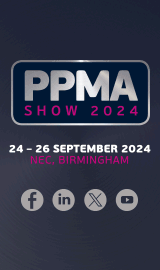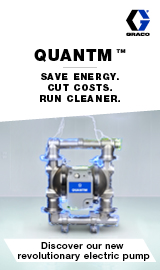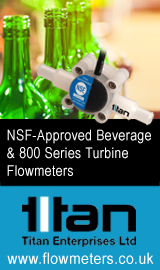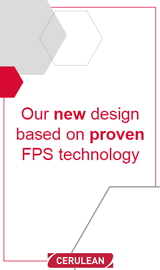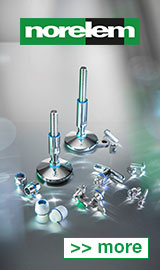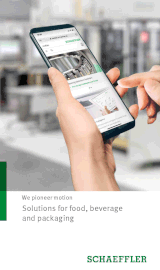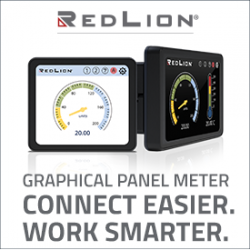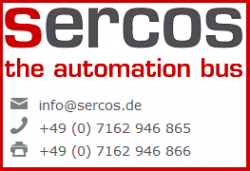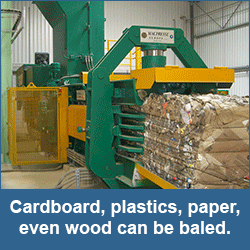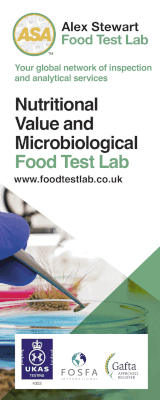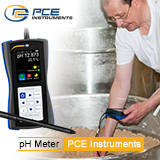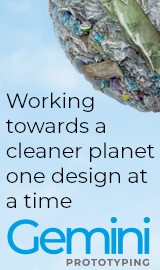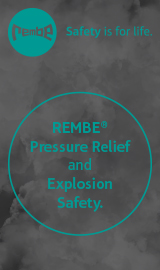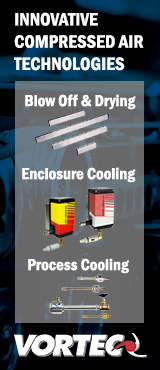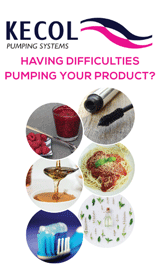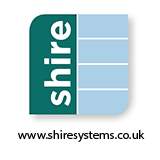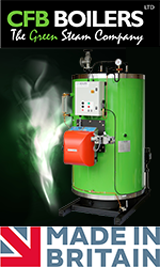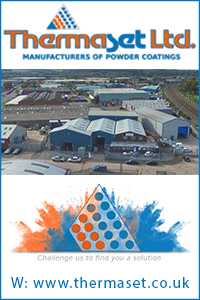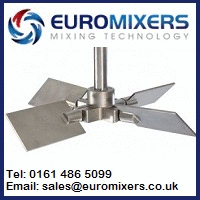Oil-Free or not Oil-Free? – That is the question.
Food Grade Compressed Air broadly falls into two categories.
Contact
Non-Contact
Under ISO 8573.1:2010, Compressed air coming into in-direct contact (None-Contact) with food/beverage should meet or exceed Class 2.4.2. Compressed air coming into direct contact with food/beverage requires a higher quality of Air and should meet or exceed 2.2.1.
Air Quality Class Zero
Class 0 is a reference to an ISO8573-1 air purity classification. Class 0 does not mean Zero contamination; it simply means that Class 0 must have less contamination than Class 1. However, Class 0 does not mean Zero Oil and this distinction is vital for all who require Food Grade compressed air.
Class Zero does not mean Zero contamination.
 In the United Kingdom, DEFRA (Department for Environment, Food and Rural Affairs) freely publishes data obtained from their UK sampling facilities. The evidence corroborates the typical industry figures used for oil (hydrocarbons) in ambient air of between 0.05 mg/m3 – 0.5 mg/m3. Hydrocarbons present in ambient air are drawn into the Compressor. These Contaminants are then compressed and discharged as concentrated vapours within the Distribution System.
In the United Kingdom, DEFRA (Department for Environment, Food and Rural Affairs) freely publishes data obtained from their UK sampling facilities. The evidence corroborates the typical industry figures used for oil (hydrocarbons) in ambient air of between 0.05 mg/m3 – 0.5 mg/m3. Hydrocarbons present in ambient air are drawn into the Compressor. These Contaminants are then compressed and discharged as concentrated vapours within the Distribution System.
Aged Pipework and Storage Vessels manufactured from Corrosive materials offer a secure harbour for Contaminates and Bacteria. These Contaminants are deposited back into the Compressed Air system en masse with decay.
How do I get ‘Oil-Free’ Compressed Air?
Oil-lubricated Compressor, are typically installed with downstream purification equipment to treat the compressed air to remove contaminants. For critical applications, such as food ‘contact’ an adsorption filter will also be included for the treatment of oil vapour. Compressed air treated in this way is said to be ‘Technically Oil-Free’ and with the installation of the correct purification equipment to meet ISO8573-1, Class 0 or Class 1 for Total Oil.

When using an Oil-free compressor, to meet the same ‘Technically Oil-Free’ air quality; ISO8573-1 Class 0 or Class 1 for total oil, the purification equipment required downstream of the compressor is identical. Installing purification equipment will ensure treatment of the ‘oil’ vapour drawn into the compressor intake (including the vapour which condenses to form liquid oil and oil aerosols).

How do you know what Air Treatment to use?
All Compressed Air Systems used within the Food and Beverage industry should be subject to a Hazzard Assessment under HACCP. By identifying the Hazards, critical control points and critical limits within your Compressed Air System, UAP can assist in establishing and implementing corrective actions and effective monitoring procedures. UAP can assist in the identification of Hazards and offer Air Quality verification and consultation services.
In support UAP can offer Air treatment Products that are third-party validated by Lloyds Register to provide ISO 8573-1 Class-0, from both Oil-Lubricated and Oil-Free compressors, ensuring the highest quality Compressed air at the point of use.
For more information about the products and services we offer, Visit our Website: www.unitedairpower.co.uk

01244 538800


